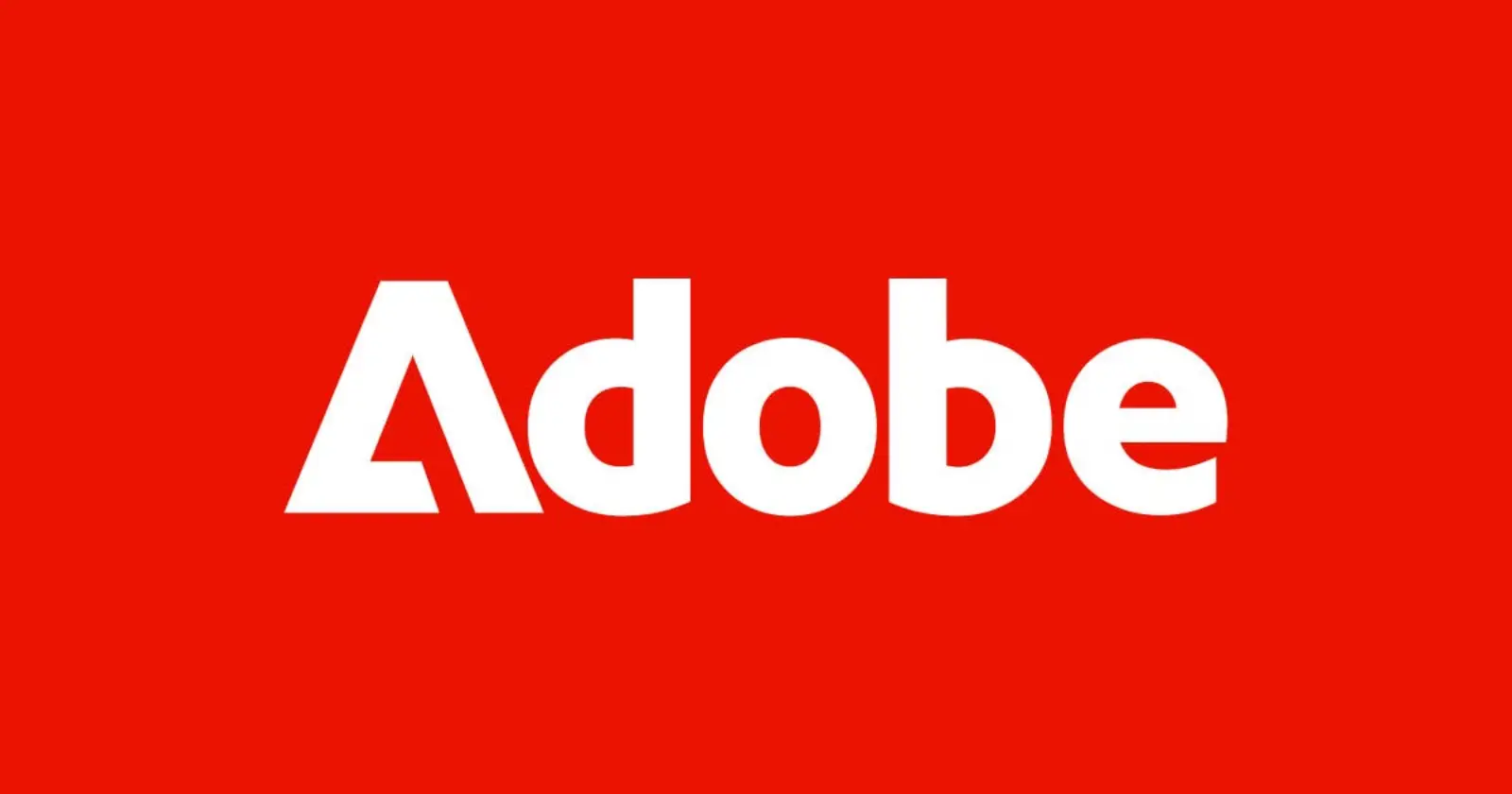Adobe seems to be in some serious trouble right now. The company is getting hammered with lawsuits from the federal government and angry customers who say they’ve been tricked into subscriptions they didn’t really understand.
Remember that sinking feeling when you tried to cancel an Adobe subscription? You thought you were signing up month-to-month, but suddenly there’s a huge fee staring you down? Yeah, that’s exactly what happened to Stephanie Wohlfiel in California and Vianca Marquez from Nebraska – and they’re not backing down. Earlier this year, they slapped Adobe with a class-action lawsuit in San Jose federal court, and honestly, it’s the kind of story way too many of us can relate to.
For those unaware, Adobe pushes this “Annual, billed monthly” option hard during sign-up. It looks like a simple monthly plan, right? But it’s actually a full-year lock-in. Try to cancel early? Boom – they hit you with a penalty equal to half what you’d owe for the rest of the year.
The worst part is that their terms do mention the details, but it’s buried in places no one even reads. Wohlfiel and Marquez say they genuinely thought they had flexible, month-to-month access. Then, when they tried to leave? That penalty landed like a gut punch.
As highlighted by The Deep Dive, the lawsuit even quotes an Adobe exec during an FTC probe calling these hidden fees “a bit like heroin for Adobe.” Oof. Sounds like even they knew it was addictive for the bottom line, but a nightmare to quit. You can read the whole complaint in the embed below or by visiting this link:
But this isn’t even the first time Adobe has been called out. Back in June 2024, the FTC and DOJ actually sued Adobe and two top execs over these same sneaky tricks – what many call “dark patterns.” They make the monthly price big and shiny, but tuck the “oh, by the way, it’s a yearly contract” and the 50% early-out fee somewhere tiny. And canceling? Forget easy. It’s a maze. Endless chat hold times with reps pushing you to stay, glitchy online forms that send you in circles.
This isn’t just grumbling online – the FTC’s own investigation found Adobe raked in millions from these surprise fees. It’s become a real pattern since they ditched one-time software sales for subscriptions back in 2013, promising convenience but often delivering frustration.
Apart from these deceptive practices, Adobe was also sued in the Netherlands back in 2023 over mass data collection. The Dutch Data Protection Foundation lawsuit, however, ended by being delayed by 18 months, and we’re still awaiting further details.
That said, Adobe owns the creative world. Photoshop, Illustrator, Premiere Pro – if you’re a photographer, designer, or editor, you likely live in these tools. Subscriptions mean steady cash for them, sure, but many argue it’s all about locking you in. Case in point: those recent price hikes. Adobe first jacked up prices earlier this year, and then came another increase for its Creative Cloud subscription in June along with a rebrand.
Beyond subscriptions, Adobe’s practices have raised eyebrows in other areas, like privacy and AI. In mid-2024, a backlash erupted over updated terms of service that seemed to give Adobe broad access to user content for AI training. Creatives worried their work could be scraped to fuel tools like Firefly, Adobe’s generative AI. The company quickly clarified they won’t train AI on customer data and added opt-out options. While this didn’t result in any lawsuits (at least not yet), adds to the vibe that sometimes, profits seem to edge out plain honesty.
There was hope, though. The FTC rolled out that “click-to-cancel” rule last October – finally making it as easy to quit as it is to sign up! Many users were thrilled to hear that, especially with cancellation horror stories hitting nearly 70 a day. But then… July 2025. A federal appeals court killed the rule, saying the FTC messed up the paperwork.
Adobe’s stance? They say they play fair and will fight these lawsuits tooth and nail. But with so many cases piling up, maybe they’ll likely settle or tweak their policies – probably costing them millions. For the rest of us? It’s a sharp reminder: read. the. fine. print. Seriously! Maybe even check out alternatives like Affinity or open-source options.
TechIssuesToday primarily focuses on publishing 'breaking' or 'exclusive' tech news. This means, we are usually the first news website on the whole Internet to highlight the topics we cover daily. So far, our stories have been picked up by many mainstream technology publications like The Verge, Macrumors, Forbes, etc. To know more, head here.



